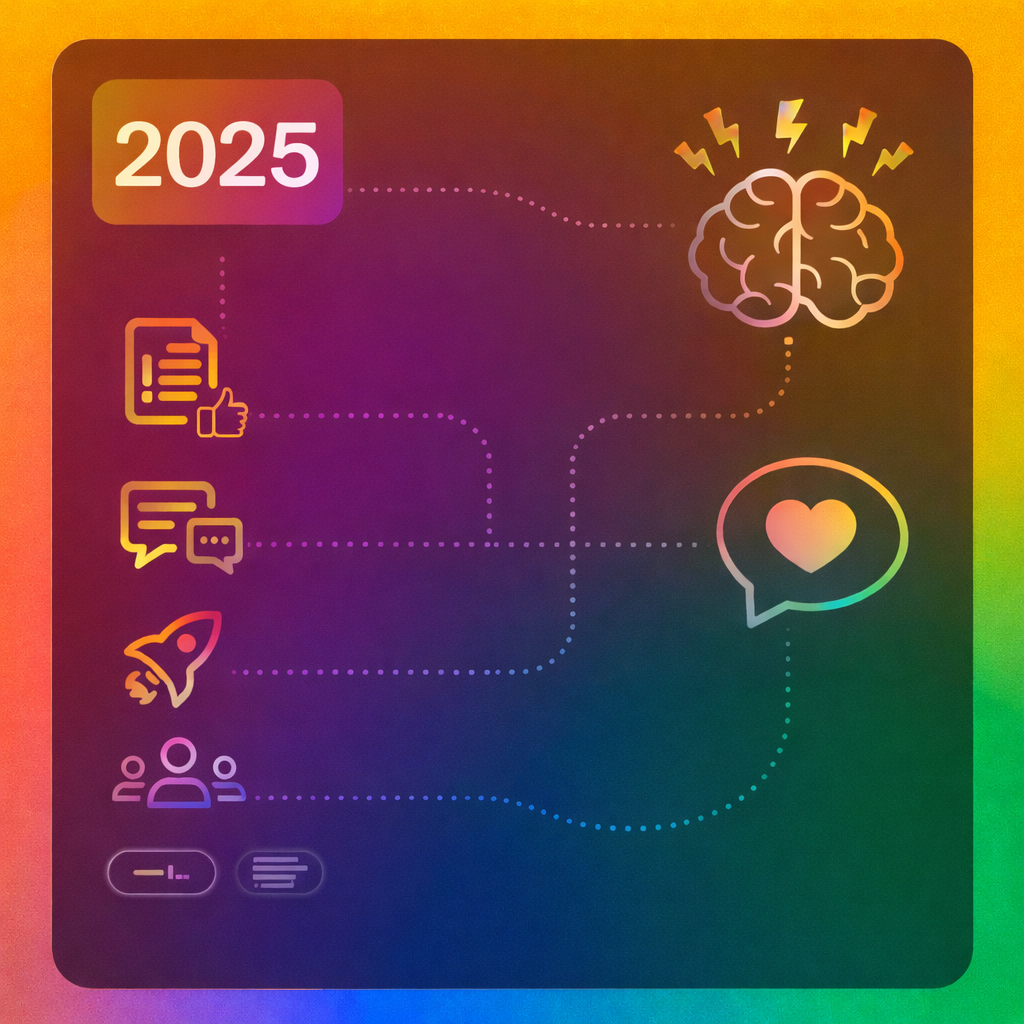This week, the topic of AI came up in my Italian lesson. We were reflecting on just how much has changed over the last few years.
What was unthinkable only a few years ago is now possible (including high-quality translations that far surpass my somewhat mediocre efforts… I’m still not very good, feeling old, but still trying!).
This digital revolution thingy, has been incredible and, at times, unfathomable: from the invention of the computer (yes I remember a world before computers!), to smartphones and AI. The progress is stunning, and it seems to be accelerating.
AI it feels is now starting to embed itself more and more into my life and my working practices at work. Increasingly it is that ‘handy helper’ that, frankly, allows me to get more done – beit language translation (not strong there), document formatting, or more recently image, presentation, and even song creation (an operatic piece about the problems of eating the turkey was a particular hit over the holidays!).
Of course, none of this comes without dangers, and I’m not talking about bias, transparency, or AI hallucinations, all of which have been discussed at length elsewhere.
No, I’m talking about it embedding itself so deeply in our processes that we become reliant on it, and I can already feel it starting to dull some skills, ones that used to be important (my spelling is getting even worse for sure!)
This is, of course, no different from other leaps in techology throughout history.
One hundred years ago, many people fixed their own shoes, and certainly knew how to sew… not so much today.
It’s not that the needs went away, just with automation we have access to mass produced alternatives that save us time, but they have also, as a results, become more generic and derivative. We may be facing a similar future with AI.
The service industry is often a hive of activity, collating information, creating content, media, and presentations, often in volume. With AI it is likely going to come under increasing pressure.
After all, why do it by hand when it can be done at the click of a button, automatically in a few minutes?
And for all the gnashing of teeth and protests about it not proper, we have to be honest: in many cases the output is as good as, or better than, what would have been produced ‘manually’. In 5 years, with hindsight, it is likely much of the resistance is simply going to be seen as us struggling to come to terms with the fact that the world is changing around us.
It is at times like these that history can teach us a lot, at least by analogy.
When the motor car was invented, how many horse-drawn carriage providers survived? Some may have done for a while – perhaps even for a generation – but the writing was on the wall. Many went out of business, save for a smart few who adapted, building coaches or indeed eventually high end supercars. Closer to home, we saw similar patterns with shoes too. In both the market split between generic mass-market output and high-end bespoke creativity.
I think we will see a similar pattern with AI.
The creation of mass market high quality content, in volume, is becoming cheaper by the day. This content is impressive, but (like my song) isn’t unique and does sound slightly generic. AI afterall still needs that seed of original content and a prompt to be created.
So whilst is going to become ever easier to produce more and more content, what it won’t do is create the flawed, original madness of truly original design or ideas – however crazy or poorly explained they may be.
Yes it can help polish them for us, for sure, but creating something genuinely new is harder.
And while all this progress puts a lot of roles at risk, it does also mean that original thinkers, researchers, and songwriters are not going to disappear. In fact, their work may become even more valued.
In a sea of generic content, original content will be gold dust and will command a premium. This is the original content from which everything else new will be generated and it will also change the economic landscape.
Now, we cannot all become Italian shoe designers, brilliant composers, artists, or writers… but we do all have strengths. So what are those strengths? Where can we each be original, and what can we bring to the table?
That’s a thought we all need to take back to the office next week. I think it may become ever more important.



